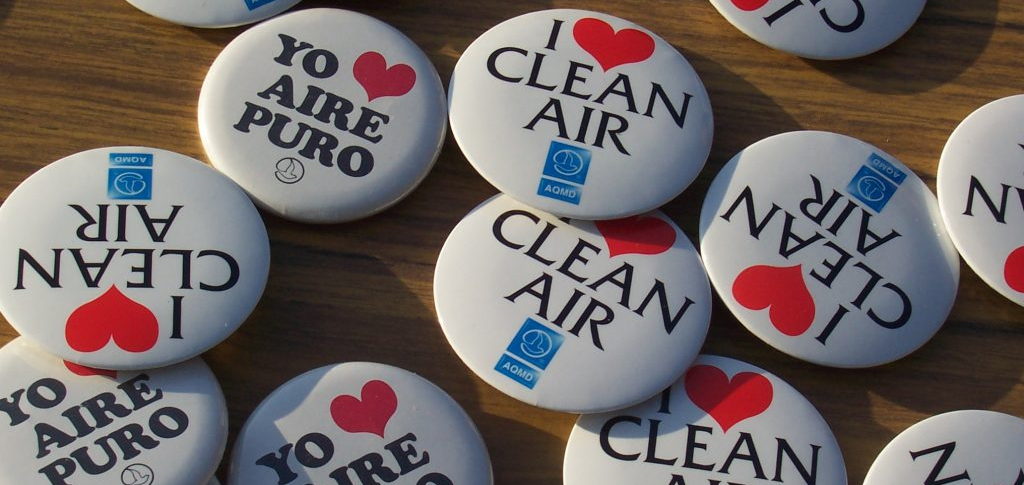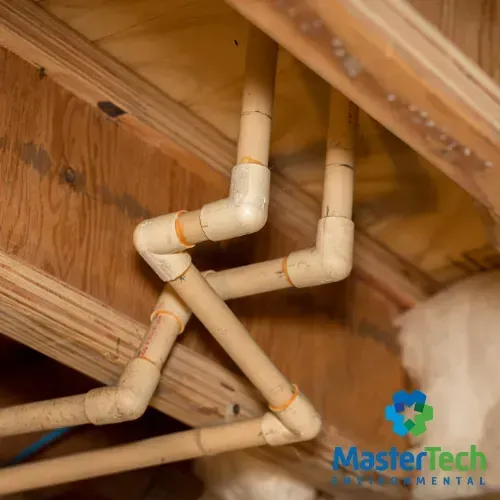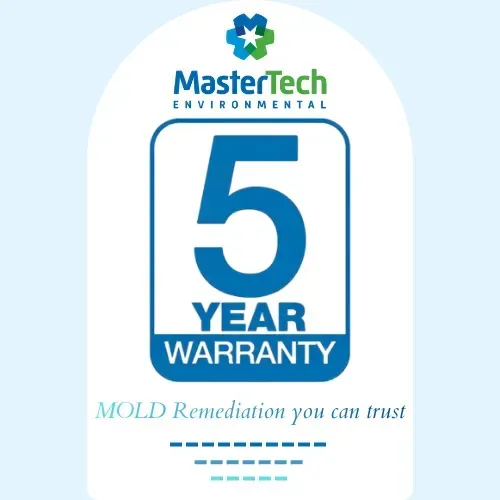Beat Mold and Improve Indoor Air Quality for Your Family's Health

Poor Indoor Air Quality is a Serious Health Risk
Remove and Remediate Indoor Mold Problems
Mold is a living fungi that can thrive indoors under the right conditions. Household mold likes warmer, darker places, and it needs an organic food source for spores to multiple. Household mold spores can grow nearly anywhere, but attics, crawl spaces, and poorly ventilated areas are particularly susceptible. Unfortunately, Myrtle Beach, South Carolina provides conditions for mold to thrive nearly year round. Couple this will flooding and heavy rains and mold can creep up fast.
Mold also poses a serious health risk. Indoor mold negatively affects air quality, and can trigger respiratory illnesses including congestion, allergies, and even asthma. This is especially dangerous for the very young, very old, and those already living with a respiratory condition.
MasterTech Environmental of Myrtle Beach uses the best equipment for locating and eliminating mold spores. Unlike surface cleaning, we target spore growth so you can be assured the same mold won't return. For your family's health, don't take indoor mold lightly.
Quit Smoking Indoors or Near Entrances
One of the deadliest sources of indoor air pollution comes from smoking. Every time you smoke you release toxins into your home. They absorb into carpeting, furniture, and walls. More importantly, smoking inside damages the lungs of all who reside in the home. One easy way to drastically improve indoor air quality is to move all smoking outdoors and away from doors and windows. You may save someone's life.
Change Air Filters Regularly
Your HVAC system plays a pivotal role in indoor air quality. More than heating and cooling, your HVAC is important for ventilation. In order to efficiently circulate air, your home's air filters should be changed routinely. Air filters are responsible for catching particulates--dust, debris, and pet dander and trapping it so it doesn't shower out of your vents for all to breathe in.
Dust, Sweep, and Vacuum Regularly
Dust, dirt, and pet hair can actually contribute to poor indoor air quality. At the very least they may affect allergies or trigger asthma attacks. Keeping a clean house can improve your respiratory health. You may also see less clogging in your vents and an improvement in your HVAC system.



